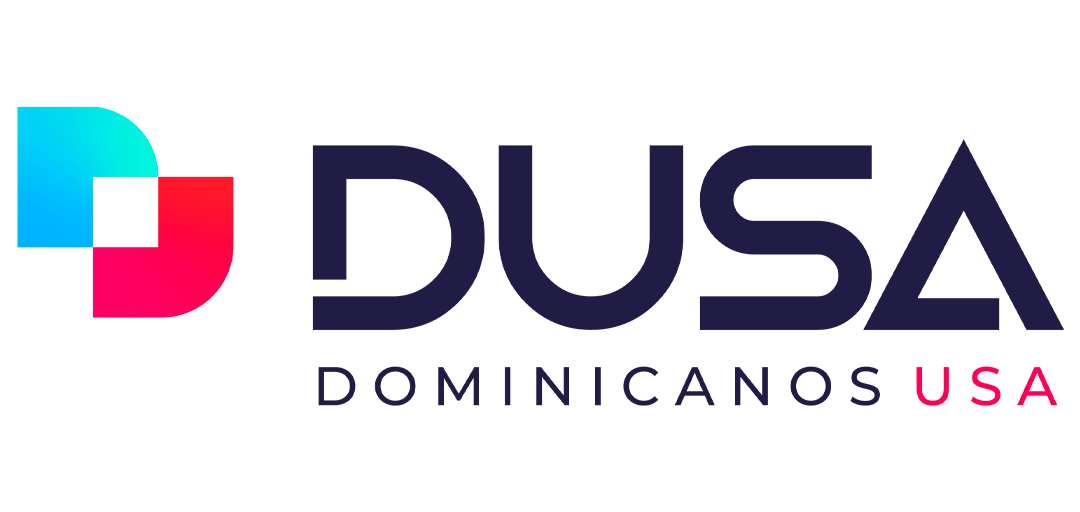By: TANZINA VEGA
The namesake company of one of the wealthiest and most powerful families in the Dominican Republic is backing a multistate effort to register Dominican-Americans to vote and increase civic participation as Dominicans become more active in United States politics, especially in the Northeast.
The Vicini family, the sugar barons behind Grupo Vicini, and other Dominican business leaders are expected to invest $3.5 million through 2016 in the effort, called Dominicanos USA.
The effort comes at a time when Dominicans are running for high office in New York and Rhode Island as well as taking prominent political roles elsewhere.
In New York, Adriano Espaillat, the Dominican-born Democratic state senator from Upper Manhattan, will make a primary challenge to Representative Charles B. Rangel, who has held his Harlem seat for decades. If elected, Mr. Espaillat will become the first Dominican-born member of the House of Representatives. In Rhode Island, Angel Taveras, a Democrat and the first Dominican mayor of Providence, is running for governor. Other prominent Dominicans in politics include Thomas E. Perez, the secretary of labor, and Julissa Reynoso, United States ambassador to Uruguay.
Broader efforts to galvanize voters and support Latino political candidates, including the recent Latino Victory Project, have been criticized by Republicans as existing solely to support Democratic candidates.
No similar reservations were raised about this campaign in interviews with Republicans in New York and Rhode Island or with Mr. Rangel’s campaign. And organizers insist the effort is nonpartisan. “A candidate who reflects who you are is more likely to get you interested to vote,” said Jorge Mursuli, project manager for Dominicanos USA. “That doesn’t mean that we naturally motivate people to vote for that person. That’s a big distinction, and it’s a fair distinction.”
The increase in the Dominican population in New York and Rhode Island and the subsequent increase in eligible Dominican voters indicate a rise in political power for a group that has been arriving in the United States in waves since the 1960s.
In 2000, there were 476,000 Dominicans in New York State, and 158,000 of them were eligible voters, according to census figures. By 2012, there were 762,000 Dominicans in New York, and 357,000 were eligible to vote. Of the 34,000 Dominicans in Rhode Island, 14,000 are eligible to vote.
Florida, Massachusetts, New Jersey and Pennsylvania also have increasing numbers of Dominican residents who are eligible to vote. Organizers said they expected to expand registration efforts in some of those states as well.
At a news conference Wednesday in Washington Heights, a Manhattan neighborhood with a large Dominican population, organizers said they had registered more than 21,000 Dominicans in New York and 5,000 in Rhode Island this year. Canvassers carrying clipboards stopped potential voters on the street and in their cars.
Manny Matos, a lawyer who is a co-founder and board member for Dominicanos USA, said the potential of Dominican-American voters had not yet been realized. “Historically, we’ve had a low voter turnout,” Mr. Matos said. “My experience tells me that it’s part of the natural evolution of the immigrant in America — you have one foot in this country, one foot in another.” He said the group was also seeking “more and diversified funding” and was looking to form additional alliances and partnerships.
Organizers said they are registering as many people as they can before the May 30 New York congressional primary deadline. After primary season is over, they hope to extend their reach to encourage registered voters to participate in state elections and local school board elections.
The organization is using a combination of techniques, including combining data like voter registration records, social media profiles and phone numbers to help canvassers locate potential Dominican voters. One technique involves pulling the names of potential registrants from a person’s Facebook friend list and sending those friends messages encouraging them to register.
The Vicini family is politically influential and has deep ties in the banking and finance sectors. A 2007 documentary film, “The Price of Sugar,” accused them of exploiting poor Haitian immigrants who worked on their sugar plantations. The family sued the filmmakers for defamation.

